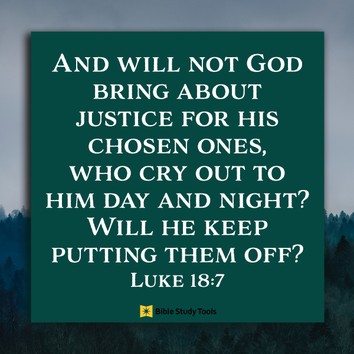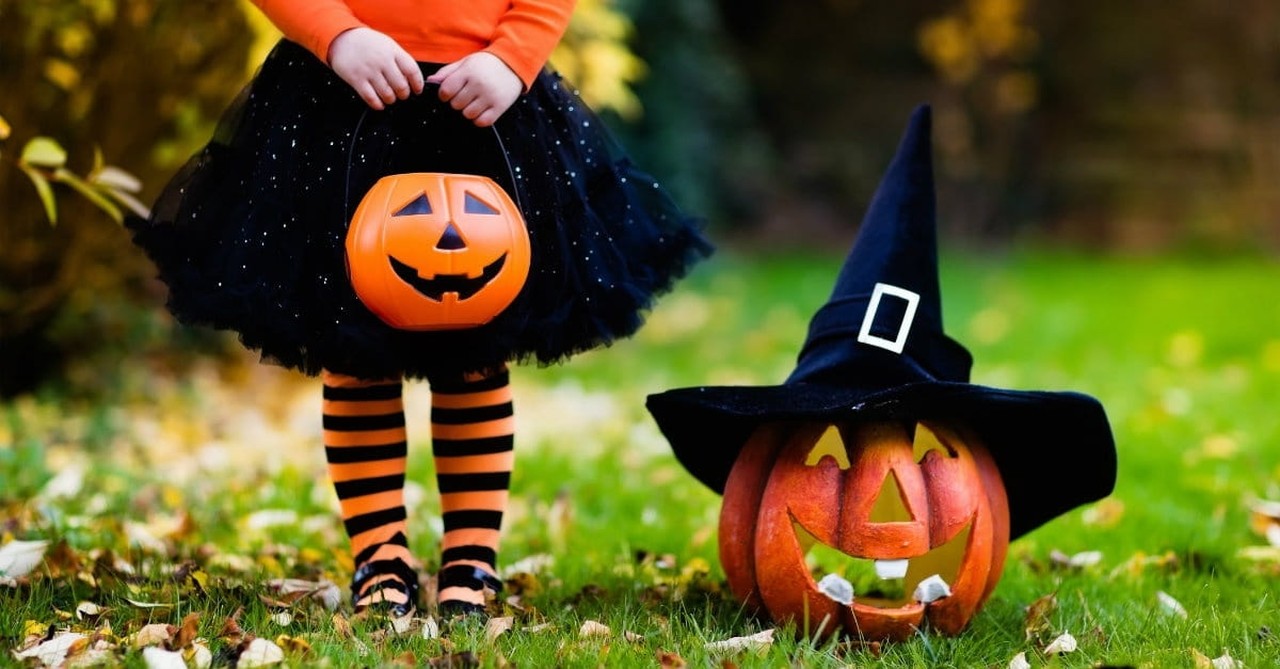
Whether you love it or hate it, Halloween is a great time for Christians to do more than stock up on candy: it’s a time to talk to our kids about how to bring light into a dark world.
You’ll notice that these topics aren’t firmly in either the “for” or “against” camp when it comes to the practice of celebrating Halloween. That’s because, in my opinion, questions about whether Christians should decorate, celebrate, read particular books, or dress up in certain ways on October 31st or any other time of year are applications of much broader questions, like how people of faith approach death, fear, the supernatural world, and our testimony to others.
The discussion-starters below are just ideas meant to prompt you to bring up other related questions—even better, ask your kids what they’ve wondered about related to Halloween, the occult, magic, and what the Bible says about these topics. That way, they’ll know that no subject is off-limits. Christian families should be able to discuss anything from a biblical worldview, and it’s the best place for conversations like that to happen!
Photo Credit: Thinkstock
#1 With Older Kids—How to be on Mission for Jesus.
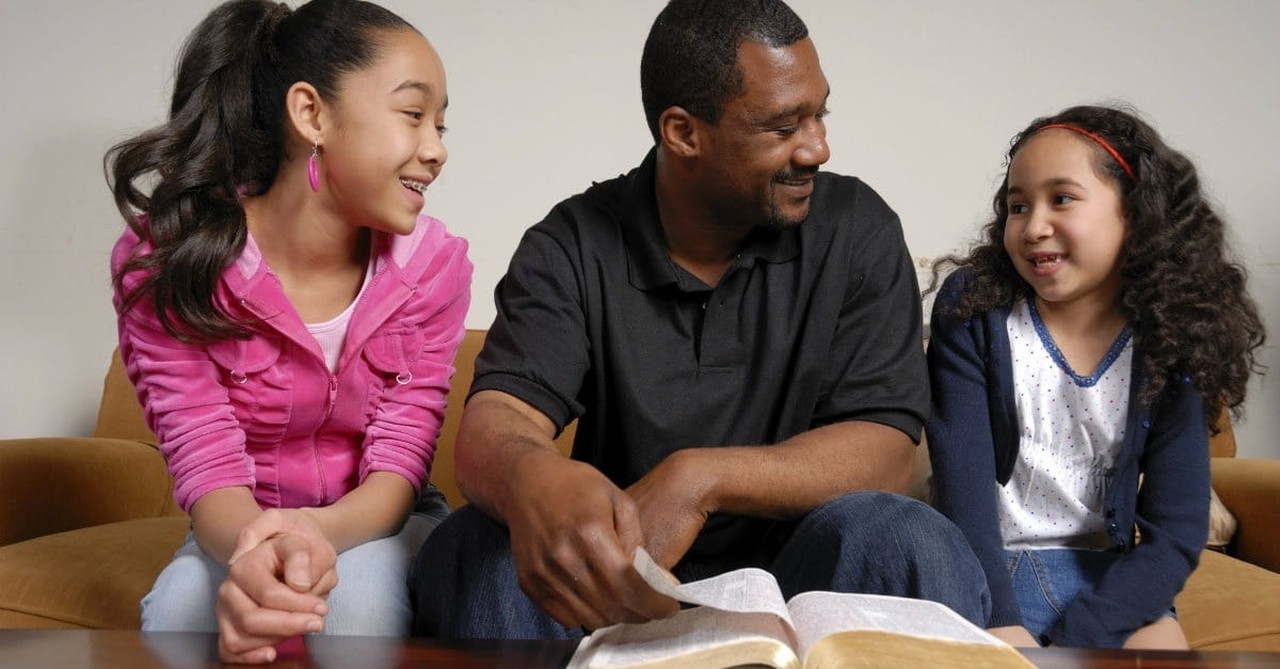
#1 With Older Kids—How to be on Mission for Jesus.
SLIDE 1 OF 10
Read: Ephesians 5:15-16, “Be very careful, then, how you live—not as unwise but as wise, making the most of every opportunity, because the days are evil.”
Ask: Jesus commanded us to love our neighbors…and even though that doesn’t just mean the people in our neighborhood, it does include them! What’s one way we as a family can be on mission for Jesus during the Halloween season?
Once you’ve brainstormed a few ideas, vote on them as a family…and put the winner into practice! Save other ideas for future years. (If your kids are having a hard time thinking of anything, prompt them with other questions, like: what can we be praying for at this time of year? Are there any ways to tell people about Jesus on Halloween? Does our church have any fall events we can help with?)
Photo credit: ©Thinkstock
#2 With Older Kids—When in Fear, Turn to the Bible.

#2 With Older Kids—When in Fear, Turn to the Bible.
SLIDE 2 OF 10
Ask: One thing that Halloween tries to do is make our fears seem like something to laugh at. Let’s all go around and name at least three things we’re afraid of. What are some stories in the Bible that show people being afraid? Think of at least one where a scared person responded in the wrong way, and one who responded by doing the right thing when they were afraid.
Possible Examples: Wrong Way—Jonah (Jonah 1), Peter (Luke 24:54-62), Abraham and Sarah (Genesis 20:1-12). Right Way—Esther (Esther 4:13-16), Daniel (Daniel 6), Paul and Barnabas (Acts 16:22-34).
Photo credit: ©Thinkstock/Halfpoint
#3 With Older Kids—Use Spiritual Armor to Stand Strong in Faith.

#3 With Older Kids—Use Spiritual Armor to Stand Strong in Faith.
SLIDE 3 OF 10
Read Together: Ephesians 6:10-17
Ask: For most people, Halloween is about costumes and candy, but it’s also an important day for people who follow the occult (practicing/worshipping the supernatural). What are the pieces of “armor” we need to fight against unseen evil? How would each of those things help you stand strong in the faith? Are there any other parts of the Bible you can think of that talk about spiritual forces we can’t see?
Optional: Memorize Ephesians 6:10-11 together as a family.
Photo credit: @Thinkstock
#4 With Older Kids—How Close is Too Close?
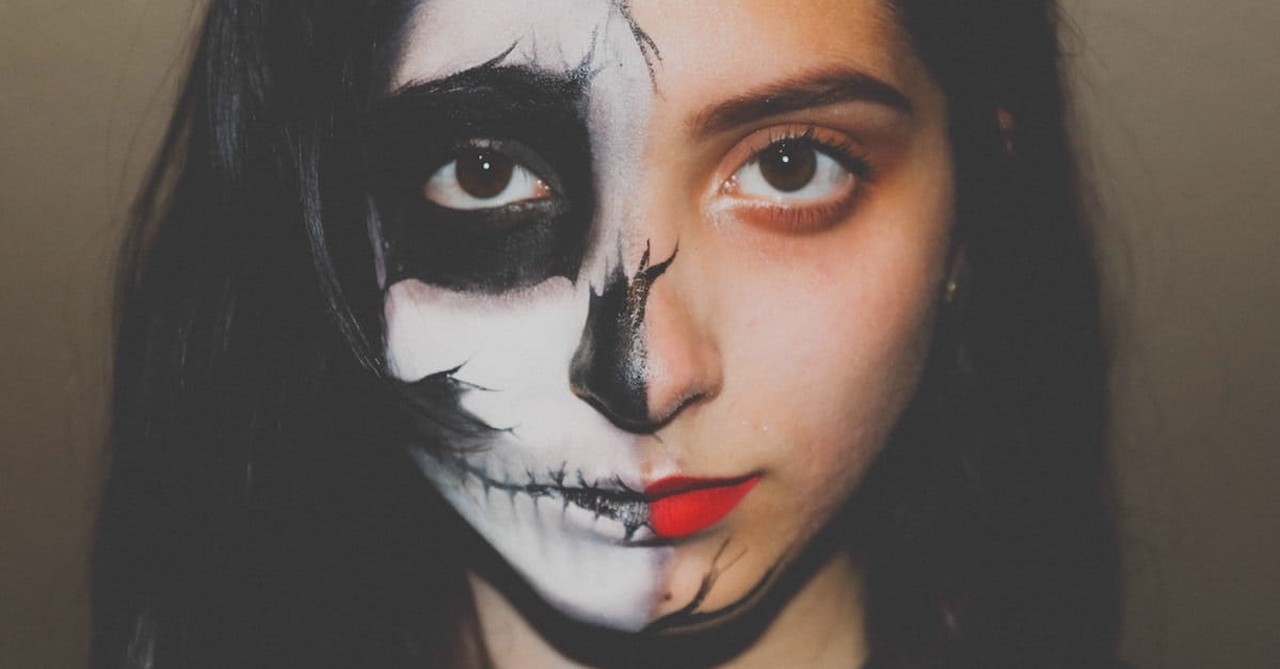
#4 With Older Kids—How Close is Too Close?
SLIDE 4 OF 10
Read: John 3:19-20, “This is the verdict: Light has come into the world, but people loved darkness instead of light because their deeds were evil. Everyone who does evil hates the light, and will not come into the light for fear that their deeds will be exposed.”
1 Corinthians 15:25-26, “For [Jesus] must reign until he has put all his enemies under his feet. The last enemy to be destroyed is death.”
Ask: Name the most common Halloween decorations you can think of—try to get at least a dozen. Then think of at least twelve popular costumes. Which of these are focused on death or darkness or something God talks about as sin? Are there any that you think are too close to celebrating evil?
Photo credit: Unsplash
#5 With Older Kids—Who Inspires You?
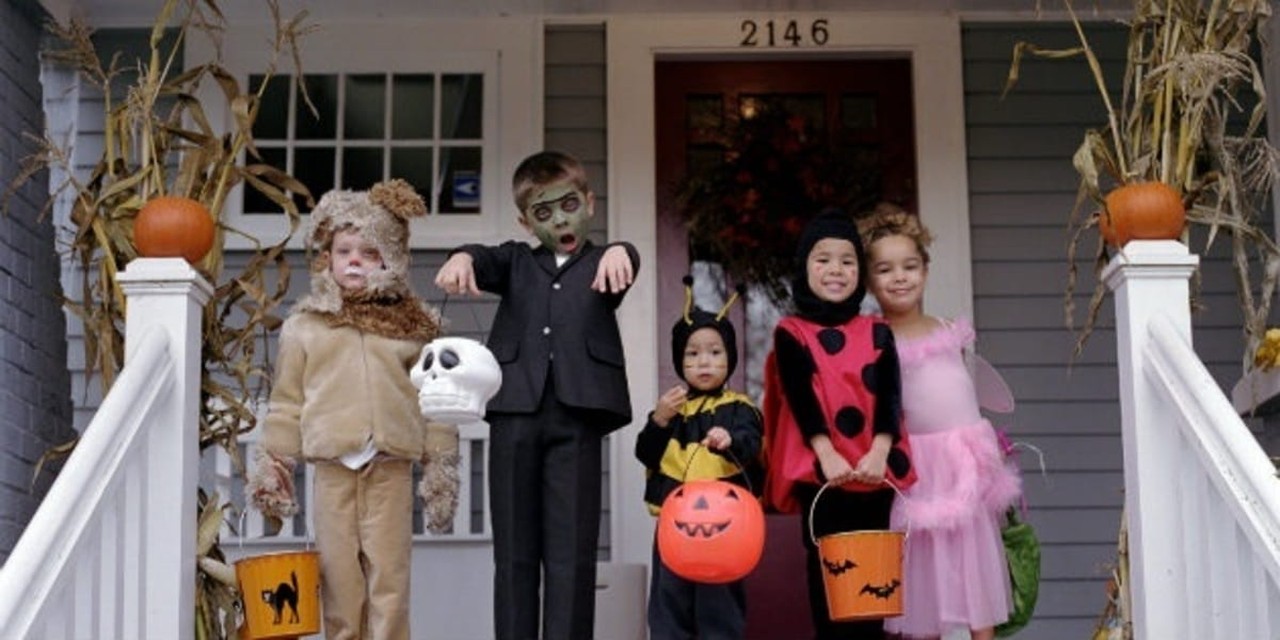
#5 With Older Kids—Who Inspires You?
SLIDE 5 OF 10
Ask: Some people choose costumes by picking a fictional character or a historical person they look up to. If you had to pick a favorite hero or heroine from the Bible, who would you pick, and why? What if you dressed up as someone in real life (dead or alive)? What qualities does that person have that you admire?
Optional: Read Hebrews 11 together and talk about how some call it the “Hall of Faith,” a list of people the author wanted the readers to look up to for encouragement to keep going when following Jesus seemed hard.
©Thinkstock/Ryan McVay
#1 With Teens—Is There a Right "Middle Ground" Approach?

#1 With Teens—Is There a Right "Middle Ground" Approach?
SLIDE 6 OF 10
Read this quote by C. S. Lewis, from the introduction to The Screwtape Letters (a series of fictional letters from a demon): “There are two equal and opposite errors into which our race can fall about the devils. One is to disbelieve in their existence. The other is to believe, and to feel an excessive and unhealthy interest in them. They themselves are equally pleased by both errors and hail a materialist or a magician with the same delight.”
Ask: Which of these two errors do you see most often with your friends? Do you think one is worse than the other? What do you think is the right “middle ground” approach for thinking about demons and the supernatural world?
Photo credit: ©Thinkstock
#2 With Teens—To Celebrate or Not to Celebrate?
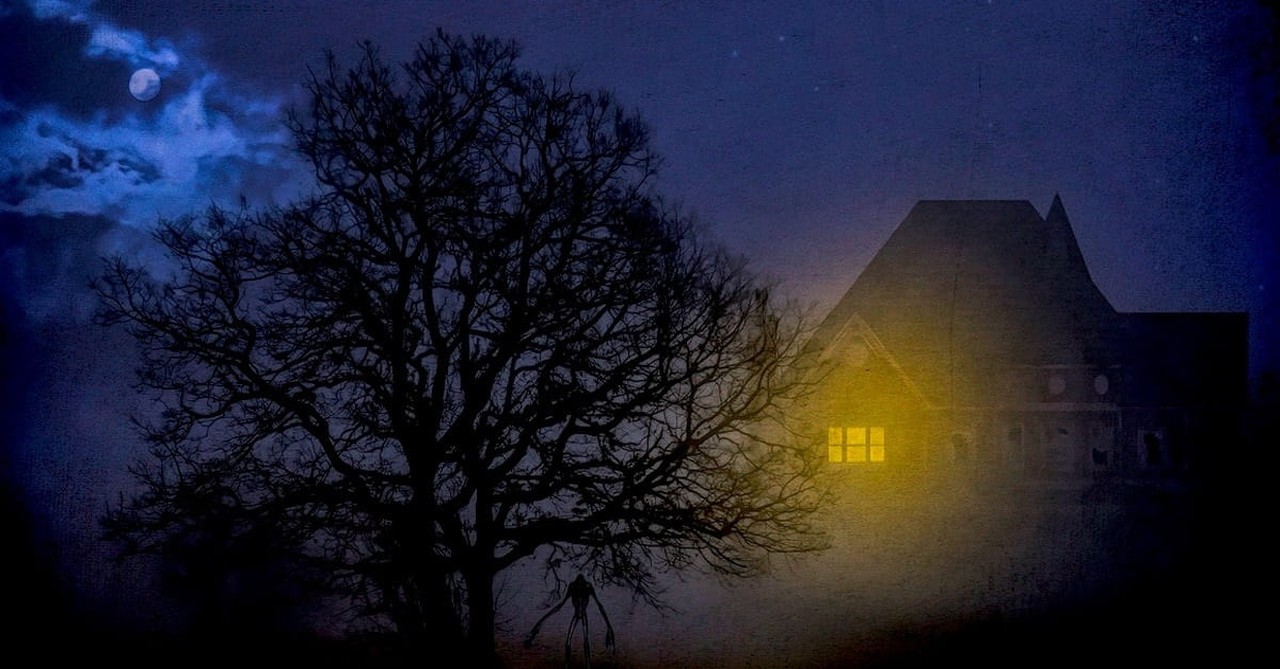
#2 With Teens—To Celebrate or Not to Celebrate?
SLIDE 7 OF 10
Ask: Christianity and pagan religions have a habit of competing with each other for holidays. For example, Christmas was probably moved to December 25 to counteract a Roman festival of the gods, Easter sometimes falls on the traditionally pagan spring solstice, and All-Saints Day follows Halloween. Why do you think people who aren’t Christians celebrate Christmas and Easter without mentioning Jesus? What do you think Christians should do about celebrating a holiday like Halloween with pagan roots? How can you support your thoughts with Scripture?
Optional: Ask your teens to do some research on various Christian leaders and what they think about Halloween, and find the best arguments both for celebrating as everyone else does, celebrating in an alternative way, or not celebrating at all. Then discuss these together.
Photo credit: Pixabay
#3 With Teens—Will Your Costume Have an Impact on Others?
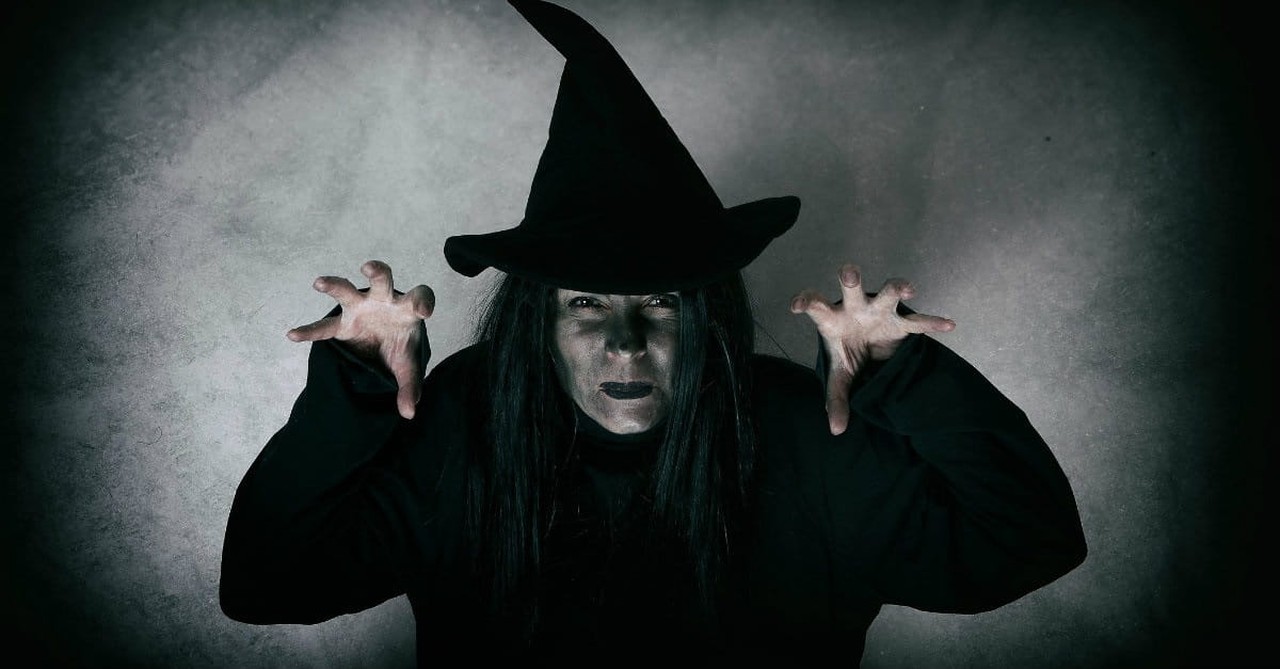
#3 With Teens—Will Your Costume Have an Impact on Others?
SLIDE 8 OF 10
Read: Romans 12:17-18, “Do not repay anyone evil for evil. Be careful to do what is right in the eyes of everyone. If it is possible, as far as it depends on you, live at peace with everyone.”
Ask: A lot of people on social media are talking about why you shouldn’t misuse (or “appropriate”) parts of other cultures (like Indian headdresses, for example) for Halloween costumes. When do you think a costume could be offensive? When do you think it’s okay? How can Christians be respectful without being overly concerned about what others think? Can you think of any passages in the Bible that talk about this?
Photo credit: ©Thinkstock
#4 With Teens—Make an Argument for Ethics.

#4 With Teens—Make an Argument for Ethics.
SLIDE 9 OF 10
Ask: The classic spooky stories Frankenstein and Dr. Jekyll and Mr. Hyde are both about how scary things can get when humans try to “play God.” (Both quote Scripture and use biblical allusions to make their points.) Why do you think science can be used so often for evil ends? Are there any inventions or discoveries you know of that make you nervous because of what they can do? Are there any ethical boundaries you’d suggest based on your faith for how those innovations should be used?
Optional: Pick one of the ethical issues your kids mentioned and have family members randomly draw “for” or “against” slips of paper, trying to make the best argument they can and referencing the Bible whenever possible.
Photo credit: ©Thinkstock/SanneBerg
#5 With Teens—What Does the Bible Say We Should Do about Evil?
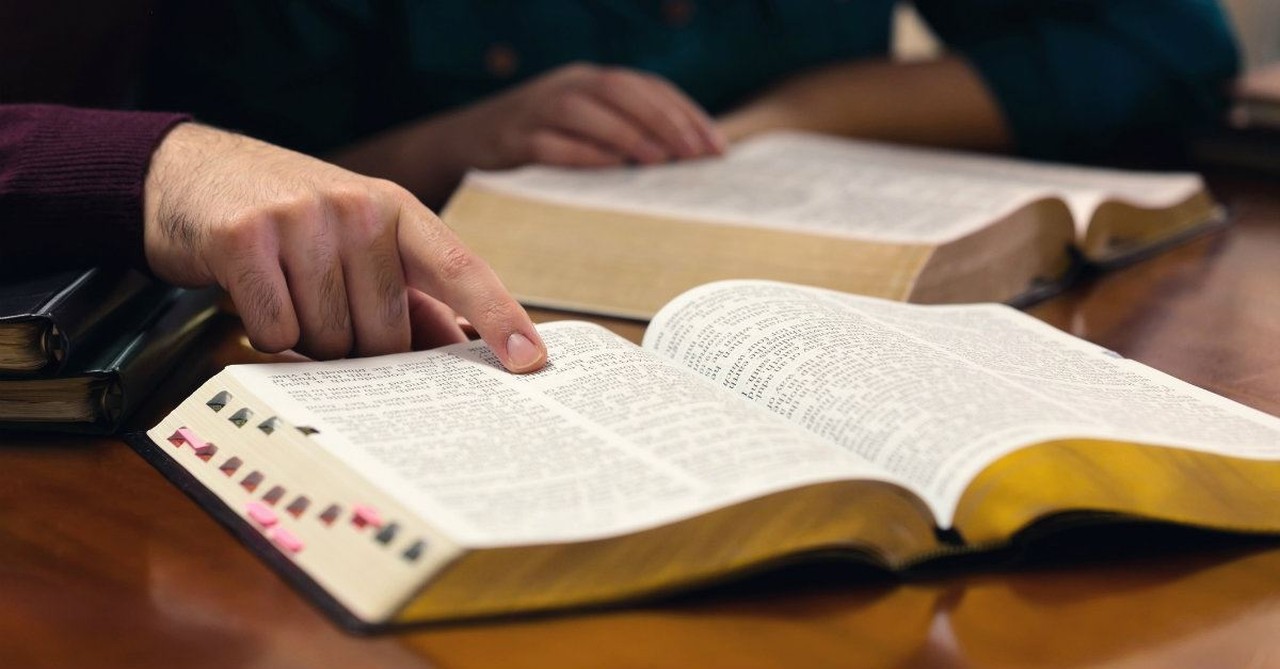
#5 With Teens—What Does the Bible Say We Should Do about Evil?
SLIDE 10 OF 10
Read this quote by Brian Godawa on why clowns, dolls, and other “innocent” items are often found in horror films: “Horror is often based on irony and the unveiling of evil that appears to be good. Like real life. In real life, evil monsters—as in abusers, rapists, and killers—use the disguise of good in order to capture and hurt the innocent. So, using common images of safety to caution the innocent against naive trust is an excellent moral lesson.”
Ask: What do you think are the worst evils in the world today? What are some of the lies our culture tells us that most people believe to be true? How might they try to look innocent and harmless on the outside? As Christians, what does the Bible say we should we do about evil in the world? In the church? In our own hearts?
Amy Green is a kids’ ministry teacher and youth group leader at her church in Minneapolis, Minnesota, where Halloween costumes include mandatory winter coats. She blogs about issues of life, faith, and culture at themondayheretic.wordpress.com.
Photo credit: ©Thinkstock/B-C-Designs
Originally published October 28, 2024.





